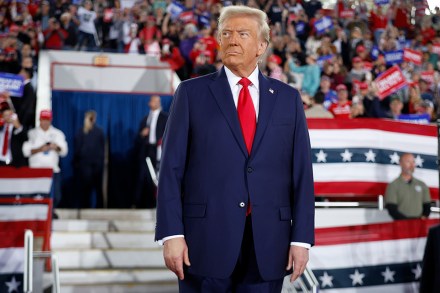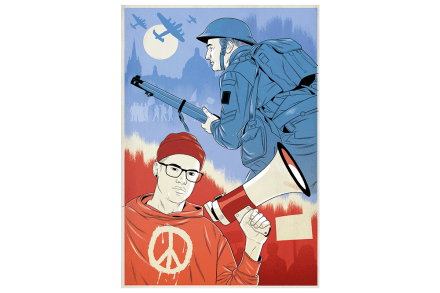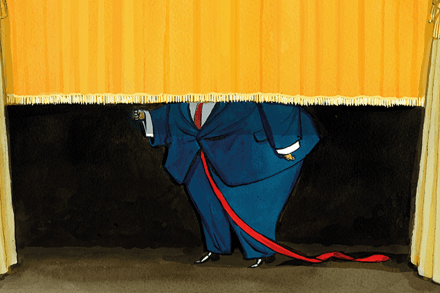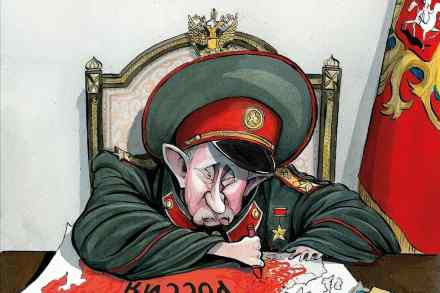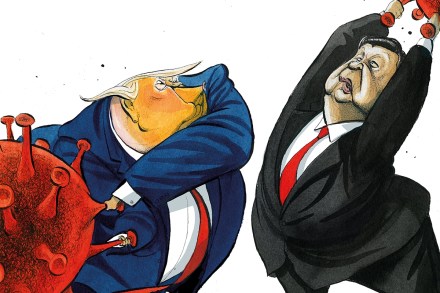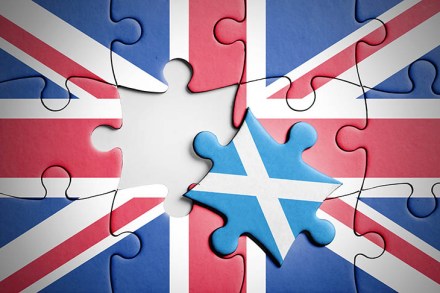Not even close: how Trump confounded the pundits
It was supposed to be close. On the eve of election day, Donald Trump was up just 0.1 per cent in the RealClearPolitics polling average. FiveThirtyEight projected a tiny Trump advantage. PredictIt had Kamala Harris ahead. A celebrated pollster ran 80,000 simulations, and Harris won 50.015 per cent of them, versus 49.985 per cent for
